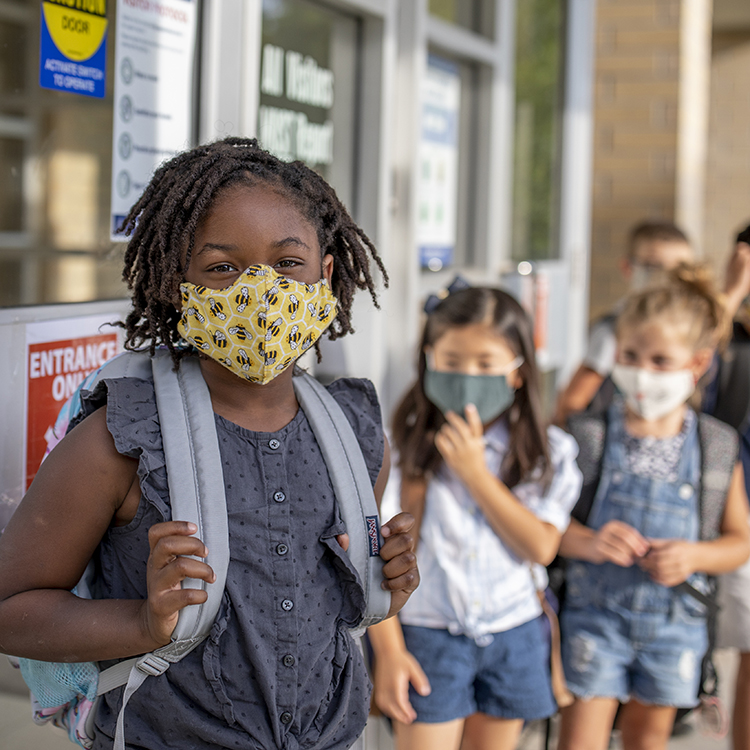Search
Research
Bringing optimised COVID-19 vaccine schedules to immunocompromised populations: statistical elements and designBringing optimised coronavirus disease 2019 (COVID-19) vaccine schedules to immunocompromised populations (BOOST-IC) is a multi-site, adaptive platform trial designed to assess the effect of different booster vaccination schedules in the Australian immunocompromised population on the immunogenicity, safety and cross-protection against COVID-19 caused by severe acute respiratory syndrome coronavirus 2 (SARS-CoV-2) and its variants.
Research
Impact of climate change on diarrhoea risk in low- and middle-income countriesDiarrhoea remains a leading cause of mortality among children under five years of age, with over 99 % of deaths occurring in low- and middle-income countries. Poor water quality, inadequate sanitation, poverty, undernutrition, and limited healthcare access contribute to this lingering problem, together with emerging environmental stressors driven by climate change.
Research
Therapeutic development to accelerate malaria control through intentional intervention layeringThe clinical development of novel vaccines, injectable therapeutics, and oral chemoprevention drugs has the potential to deliver significant advancements in the prevention of Plasmodium falciparum malaria. These innovations could support regions in accelerating malaria control, transforming existing intervention packages by supplementing interventions with imperfect effectiveness or offering an entirely new tool.
Research
International workshop: what is needed to ensure outcome measures for Rett syndrome are fit-for-purpose for clinical trials? June 7, 2023, Nashville, USAThe clinical, research and advocacy communities for Rett syndrome are striving to achieve clinical trial readiness, including having fit-for-purpose clinical outcome assessments. This study aimed to (1) describe psychometric properties of clinical outcome assessment for Rett syndrome and (2) identify what is needed to ensure that fit-for-purpose clinical outcome assessments are available for clinical trials.
Research
Streptococcus pyogenes pharyngitis elicits diverse antibody responses to key vaccine antigens influenced by the imprint of past infectionsKnowledge gaps regarding human immunity to Streptococcus pyogenes have impeded vaccine development. To address these gaps and evaluate vaccine candidates, we established a human challenge model of S. pyogenes pharyngitis. Here, we analyse antibody responses in serum and saliva against 19 antigens to identify characteristics distinguishing 19 participants who developed pharyngitis and 6 who did not.
Research
Study of Children Aged Under 2 Years Admitted With RSV at Four Australian Hospitals [2021–2022]Primary aim was to review severe acute respiratory infections (SARI) hospitalisations caused by respiratory syncytial virus (RSV) in children aged < 2 years in paediatric hospitals in Australia. Secondary aims included RSV subtyping, assessing RSV seasonality and contributing to the World Health Organisation's RSV surveillance programme.

Research
Respiratory Syncytial Virus (RSV)RSV hospitalises millions of babies worldwide every year: our research is helping to change that.

While COVID-19 is new and frightening, these resources are designed to help families tackle the challenges this virus has created for us.
Research
Wet CoughA wet cough in a child for more than four weeks could indicate infection in the lungs. The wet cough is caused by mucus in the airway. The mucus becomes infected with bacteria and causes airway inflammation that can progress to permanent lung damage known as bronchiectasis.

A comprehensive app produced by The Kids researchers has offered parents a lifeline as they try to cope with the isolation and disruption caused by coronavirus.
